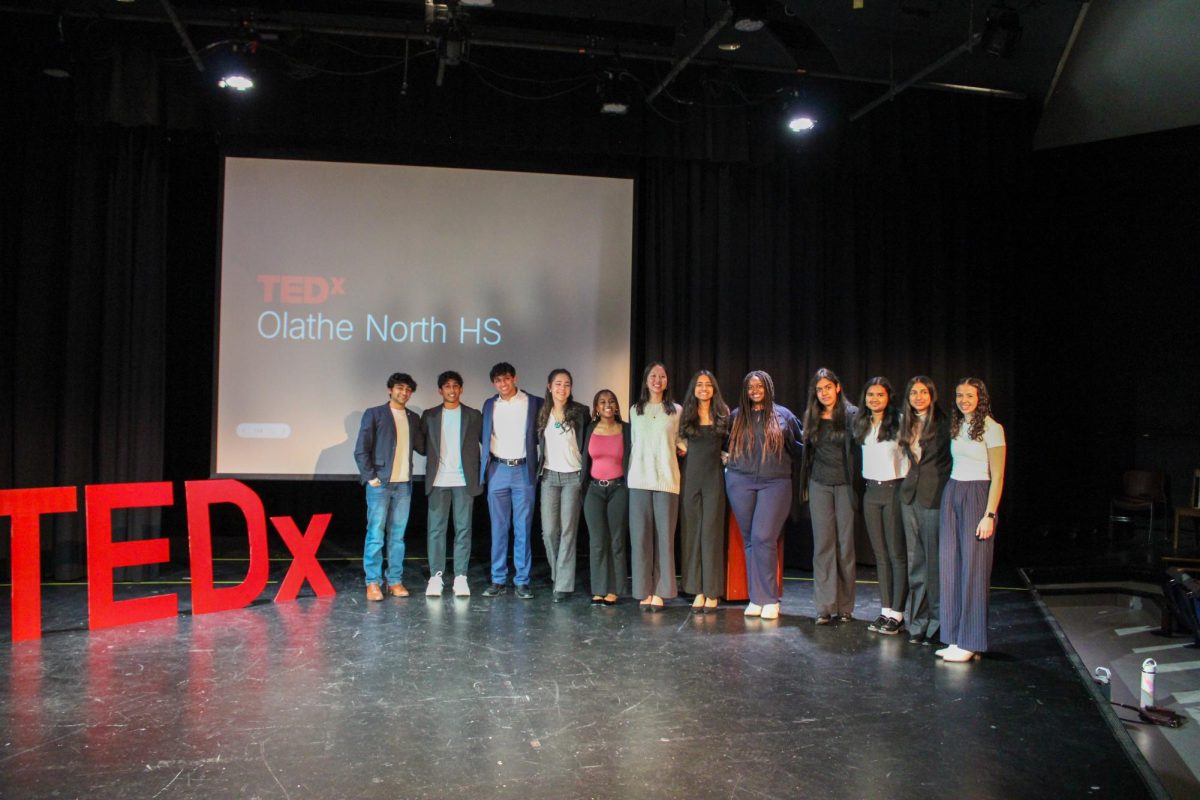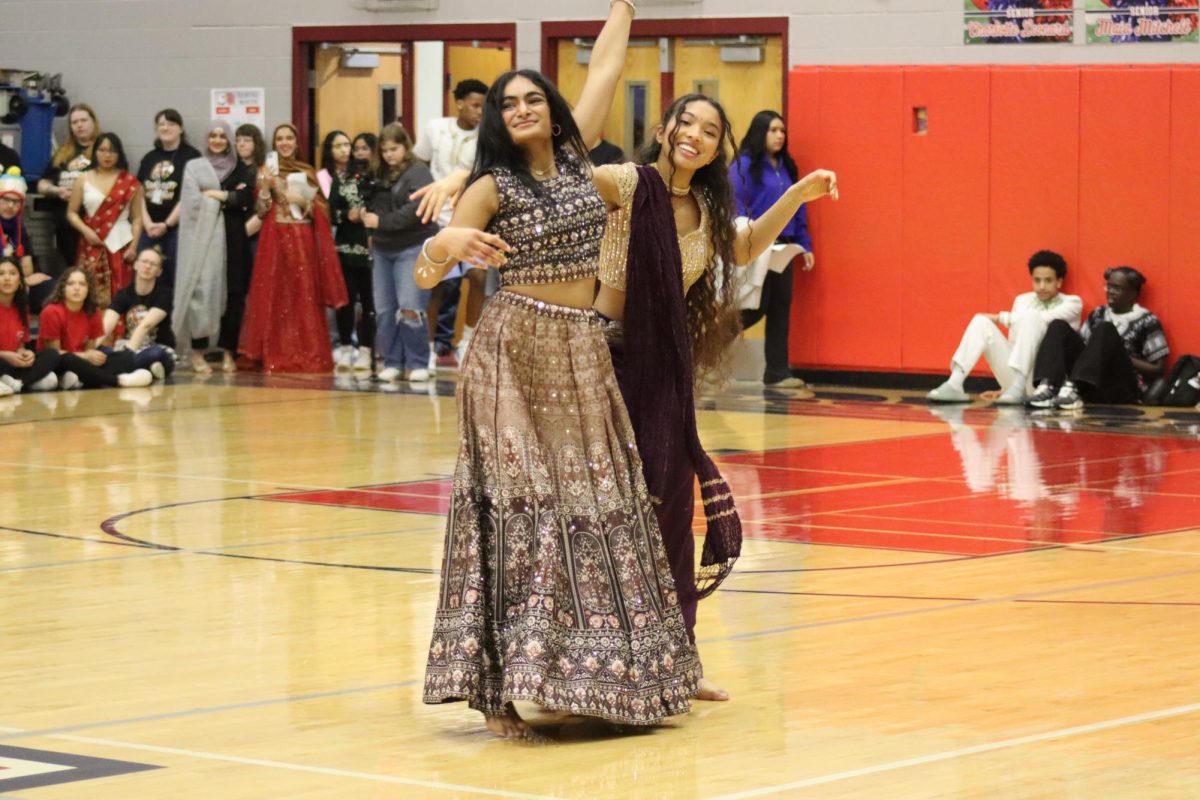As time has progressed, so have inventions. With the ever-expanding technology comes new advancements for many things, such as books. Books, once just words printed on paper, have now become available in many forms, such as physical, electronic, and audial.
The U.S. Department of Education’s National Center for Education Statistics did studies on how many children read “for fun.” The percentage of thirteen-year-olds who read for pleasure dropped from 27% in 2012 to 14% in 2023. This was the lowest percentage than in any prior test year.
When surveying nine-year-olds, there was an even greater percentage drop. In 2012, 53% of surveyed children reported reading for fun. By 2023, the percentage dropped to 39%.
Despite the several different formats of books, kids and adults alike are straying away from reading.
Physical books are standard, found in libraries, schools, stores, people’s homes, and more. They are classic and beloved. Physical books give a screen-free, traditional reading experience. It is perfect for those who want to spend more time on their hobbies and less time with technology.
“My favorite form of book to read is a physical copy. There’s little better than feeling the heft of the book, turning pages, the smell of paper and ink,” said Deirdre Zongker when asked about her preferred form of reading. She teaches AP Literature and Distinguished Scholars Language Arts.
Online books, like an e-book or Kindles, ditch the old-school paper for a screen. These books are seen as easier to transport and more convenient, as they are a slim screen rather than a bulky book. Typically, they tend to be cheaper than a physical novel as well. In addition, online books are more practical. They can be read in the dark, the screen providing its own light.
“I bought a Kindle a couple of months ago, and I have enjoyed the ability to almost always have my book with me and the ease of checking out and returning library books,” Zongker said.
Audiobooks are also an option and are becoming increasingly popular. Simply pop in some headphones, and you’re set. Audiobooks make it possible to multitask while reading. People tend to work out, drive, or do chores while listening to audiobooks, killing two birds with one stone. At the same time, audiobooks give novels more of an opportunity to be unique. Some even have different narrators for different characters.
“If I have the option between a physical copy and an audiobook, and I’m driving or doing chores or whatever, I’m using the audiobook,” Senior Aubrey Barth said.
These different forms of books have sparked debates regarding reading. Is there a “right way” to read? Is one way better or worse than another?
“Research shows that we retain plot better with a physical book than anything else,” Zongker said.
It is shown that there are fewer distractions, and readers are more engaged in the narrative when reading a physical book. But, they can come with slight complications, as traditional books are larger than their other forms. It can be difficult to take a book everywhere, especially if it’s a large novel. It is also easy to damage a book, whether it’s due to a page ripping, water damage, or getting generally beat up while being carried around everywhere.
E-books can make reading more difficult. Reading from a screen can strain the eyes, especially for those trying to avoid screens. Some readers don’t feel satisfied when they finish an online book, as it’s not the same as a physical copy. Online books can also be difficult for some people to use technologically.
“E-books just don’t keep me immersed. You’re reading this scene between characters and you get a notification from Duolingo telling you to practice, or your friends texting about getting together, and you just aren’t as captured by what the author is trying to get you to see,” Barth said.
Audiobooks are great for those who have strong listening comprehension, but difficult for those who do not. It has been shown that people don’t remember information as well when listening to an audiobook versus reading a physical book. But, the less complicated a novel is, the easier it is to listen to and keep one’s attention.
Zongker only listens to audiobooks for novels she is rereading. She listens during her daily commute to and from school. This way, she already has a basis for the plot, which makes it easier to understand.
“My mind tends to wander, so I only listen to books I’ve already read,” she said.
Reading is a form of art and should be appreciated by all. It is a way to learn and experience things one could never imagine.
“Reading lets me avoid reality and the tragedy that life often is, and gets me to see others’ points of view. I don’t have to pay attention to my problems and get to invest my time in the characters,” Barth said.






